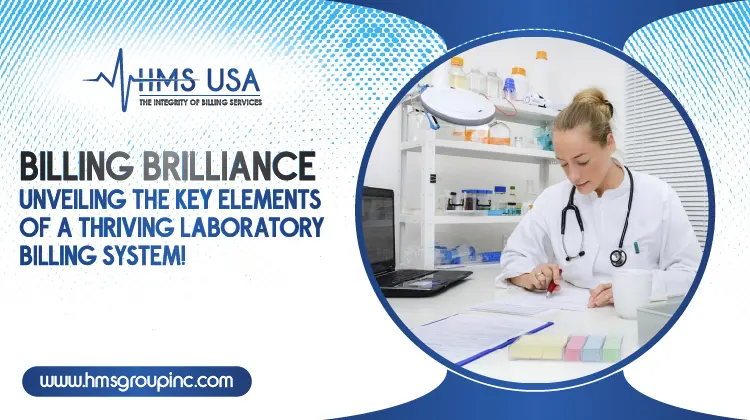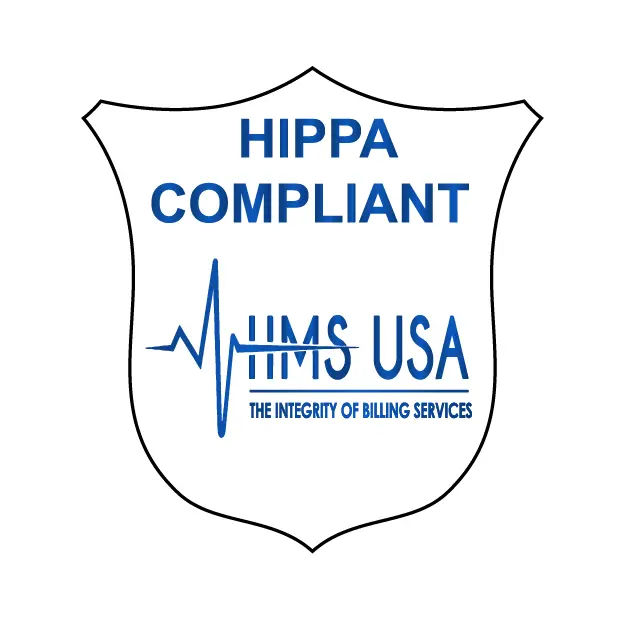
Key Elements for a Successful Laboratory Billing System
Laboratories are a crucial component of healthcare, carrying out various analytical and diagnostic tests to aid in the treatment of patients and management. However, the billing process for a laboratory can be complex and difficult.
A well-designed billing system for laboratories is vital for the successful management of the revenue cycle and the stability of the financials.
Key Points of Laboratory Billing System
We will look at the most important elements crucial to the performance of a laboratory’s billing system.
Integration and Automation
One of the main factors that make a lab billing system efficient is the ability to integrate seamlessly with other information systems for laboratories. The combination of electronic health records (EHRs) and laboratory information systems (LIS) as well as practice management systems.
It ensures an efficient flow of data for patients and helps reduce errors in manual data entry. Automating billing processes also increases efficiency and lowers the chance of human errors, which leads to faster reimbursements and improved overall performance.
Compliance and Regulatory Adherence
A reliable laboratory billing system for laboratories should be designed to conform with all relevant regulations in the field of healthcare, like HIPAA (Health Insurance Portability and Accountability Act) and CLIA (Clinical Laboratory Improvement Amendments).
These regulations regulate patient data protection, laboratory standards as well as billing procedures. Compliance with these guidelines avoids legal problems and penalties, helps build trust with payers and patients, and improves the reputation of the laboratory.
Accuracy and Precision
An efficient billing system must ensure accurate recording of tests and coding, and procedures to avoid billing errors and denials of claims or underpaid claims. The system must also allow regular audits and checks of compliance to detect and correct errors promptly.
Real-time Eligibility Verification
The billing system should be able to confirm the eligibility of the patient’s insurance in real time. This assures that the patient’s insurance covers the services provided and reduces the risk of non-payment due to underpaid claims.
By obtaining prior authorization whenever required, the laboratory can avoid claims denied due to unexpected circumstances or reimbursement delays.
Transparent Patient Communication
Clear and transparent patient communication about their financial obligations and billing is essential. A well-functioning billing system will produce easy-to-read and detailed billing statements.
In addition, it should provide patients with various payment options, like online installment plans and payment portals, to increase collection rates and improve patient satisfaction.
Robust Reporting and Analytics
A laboratory billing service will have extensive reporting and analytics features. These tools assist in tracking important performance indicators (KPIs) and trends in revenue claims denials and payment patterns.
The analysis of this data allows the laboratory to pinpoint areas for improvement, improve revenue streams and make more well-informed business decisions.
Efficient Denial Management
Denials of claims can have a significant impact on the revenue cycle of a laboratory. A well-designed billing system must be well-defined with a denial management system to recognize and address denied claims quickly.
Automated workflows, as well as integration with appeal procedures, can help reduce denials as well as increase revenue recovery.
Continuous Updates and Support
In the medical field, regulations regarding billing and coding practices regularly change. A reliable laboratory billing system needs regular updates to keep pace with changes in the industry. In addition, dependable service from the software company is vital to resolve any technical issues quickly. Read more for Billing services
Laboratory Billing Process at HMS USA Billing Company
HMS USA Billing Company is well-known for its experience in managing healthcare revenue cycles and laboratory medical billing services.
Our laboratory billing process is designed to maximize the revenue streams of laboratories while ensuring prompt and accurate reimbursement. We will look at the main components of the laboratory billing process, which will highlight its dedication to excellence and customer satisfaction.
1. Streamlined Patient Data Collection
The laboratory billing services at HMS USA start with careful data collection of patient information. This includes gathering detailed details about the patient’s demographics and insurance to ensure a smooth billing process and claim submission. By capturing accurate patient information, HMS USA ensures that underpaid insurance claims are processed quickly and that the insurance coverage is checked promptly.
2. Coding and Documentation Expertise
The most important aspect of laboratory billing services is precise documentation and coding. We have skilled billing specialists who ensure that every laboratory test is properly recorded using the industry standard current procedural Terminology (CPT) and International Classification of Diseases (ICD) codes. A precise coding process ensures compliance with the billing guidelines and increases reimbursement.
3. Claims Submission and Adjudication
HMS USA excels in claims submission and adjudication, both of which are crucial aspects of the process of laboratory medical billing services. The advanced billing software of the company assures that the claims are submitted precisely and electronically submitted to the payers. With a particular focus on prompt adjudication, HMS USA expedites the reimbursement process and reduces the risk of claims denials.
4. Verification and Pre-authorization Services
We understand the significance of pre-authorization and verification of insurance. The dedicated team of the company checks the insurance coverage of patients as well as eligibility, removing any issues which could delay or alter reimbursement. If required, HMS USA handles pre-authorization requests efficiently to ensure smooth processing of underpaid insurance claims.
5. Robust Denial Management Strategies
HMS USA laboratory billing company employs sophisticated strategies for managing denials to deal with claims denials quickly after receiving remittance instructions.
The team examines the causes of denials and then takes proactive steps to resolve any inconsistencies. This proactive approach increases revenue recovery and decreases the loss of revenue due to denials of claims.
6. Transparent Patient Communication
7. Continuous Quality Improvement
An ongoing commitment to improvement in quality characterizes the laboratory billing process for laboratories at HMS USA.
HMS USA regularly reviews its billing processes, adopts best practices from the industry, and keeps up-to-date on changing regulations for billing. This dedication to improving ensures continuous, high-quality revenue cycle management.
Choose HMS USA for Laboratory Billing Services
The billing process for laboratories that are offered by HMS USA Medical Billing Company exemplifies an efficient and customer-focused approach to managing the revenue cycle of healthcare.
From the efficient collection of patient data and precise coding to efficient underpaid claims processing and denial handling, HMS USA excels in optimizing revenue streams for laboratory billing systems. With an emphasis on customer transparency, satisfaction, and constant quality improvement, HMS USA Medical Billing Company is an ideal partner for labs that require effective and reliable lab billing services.











